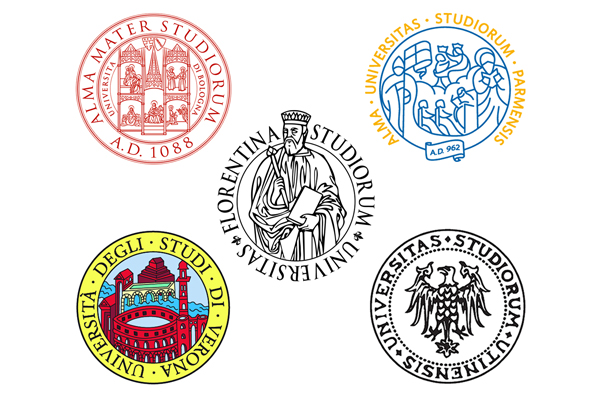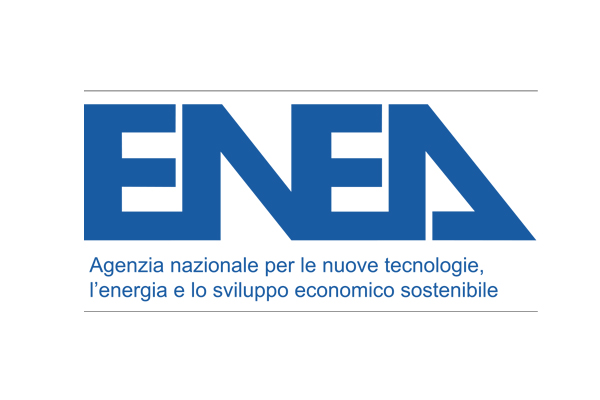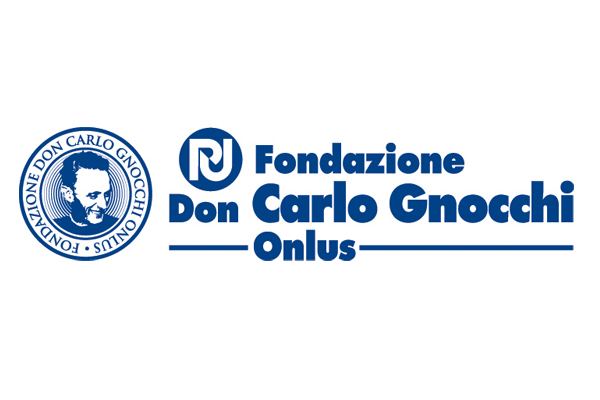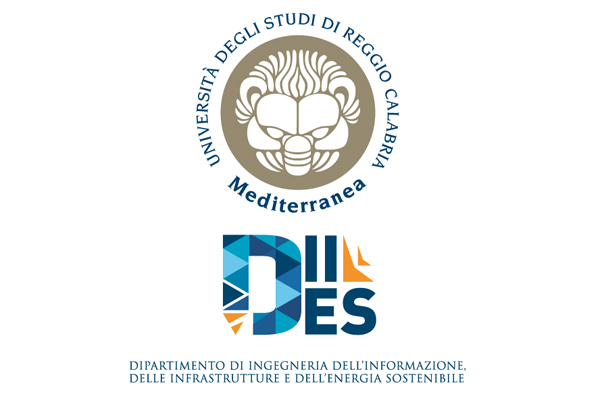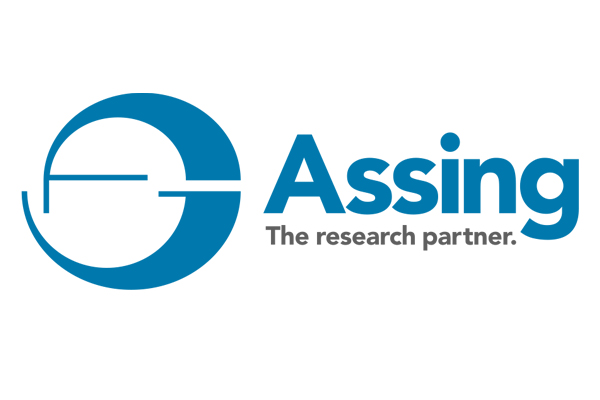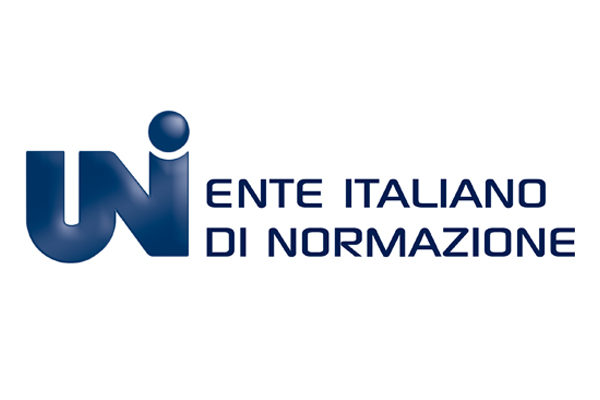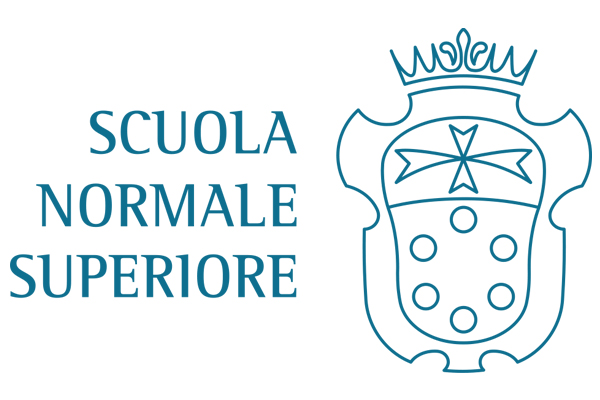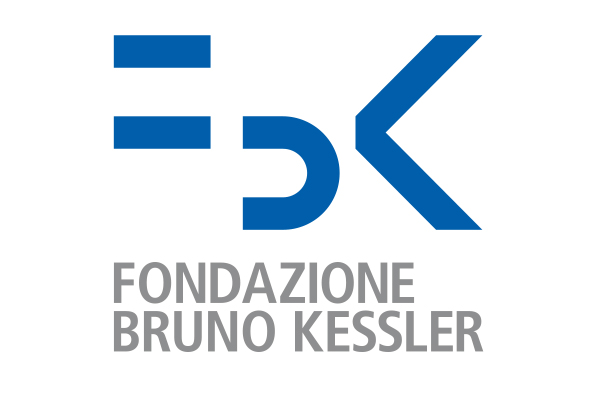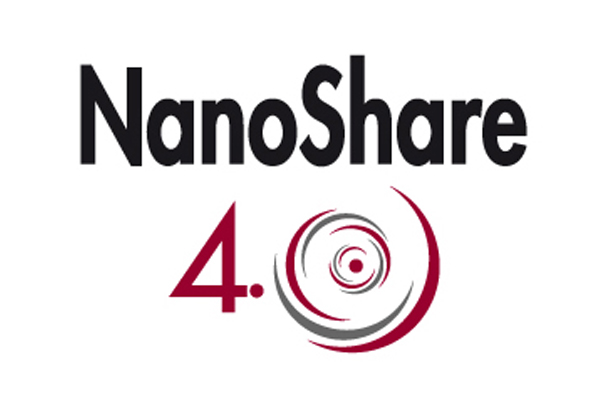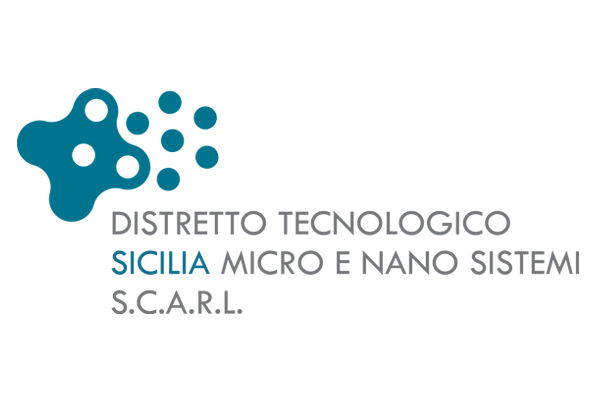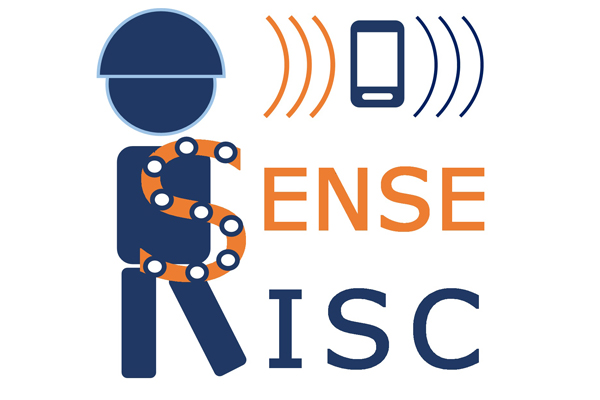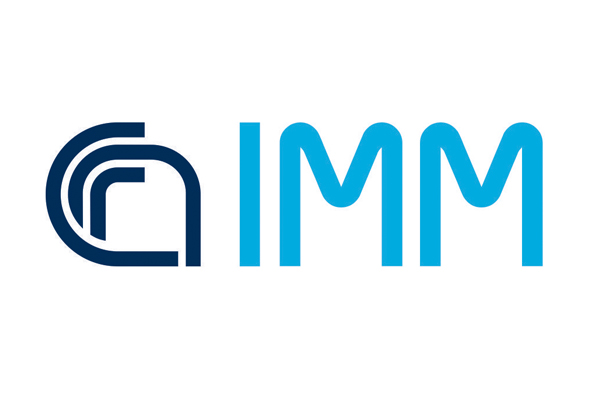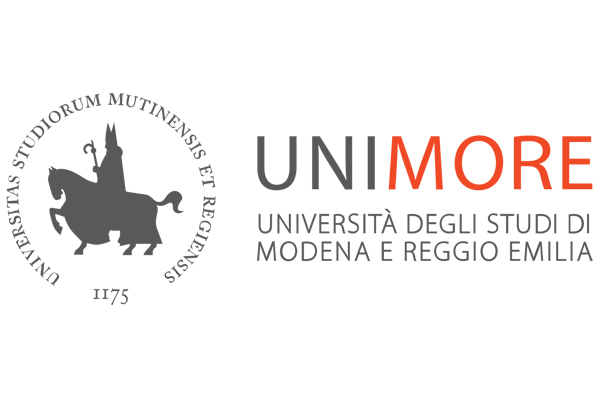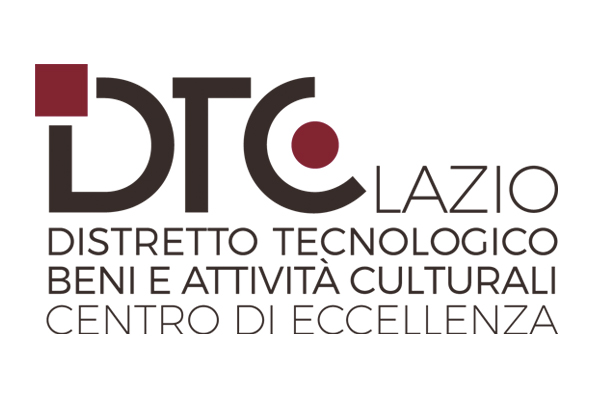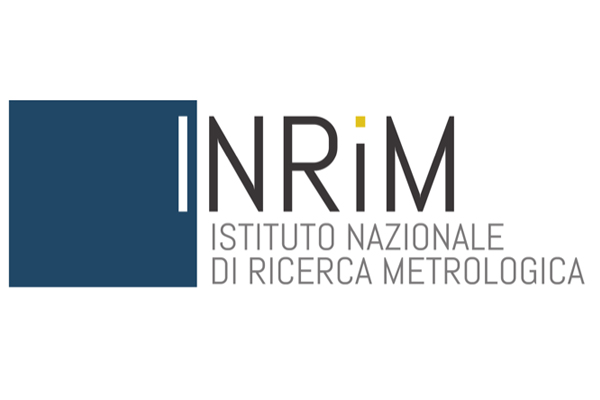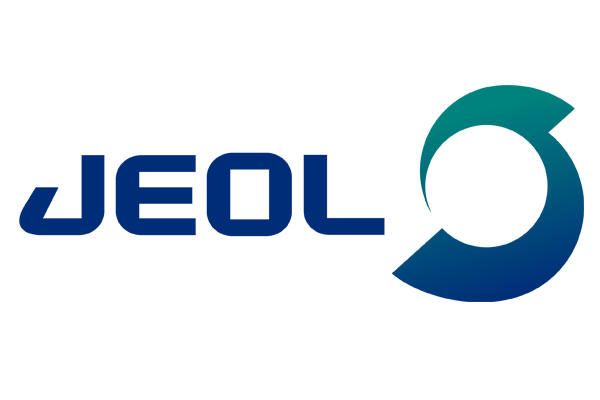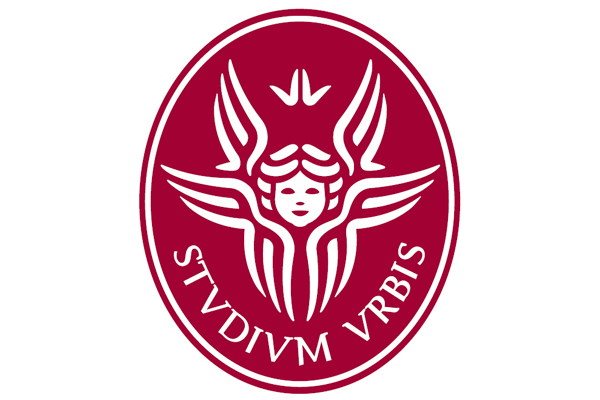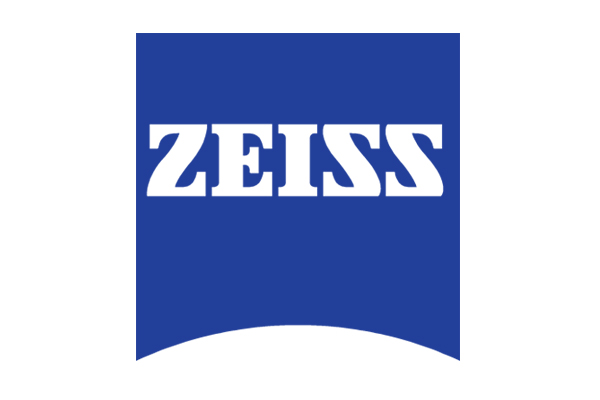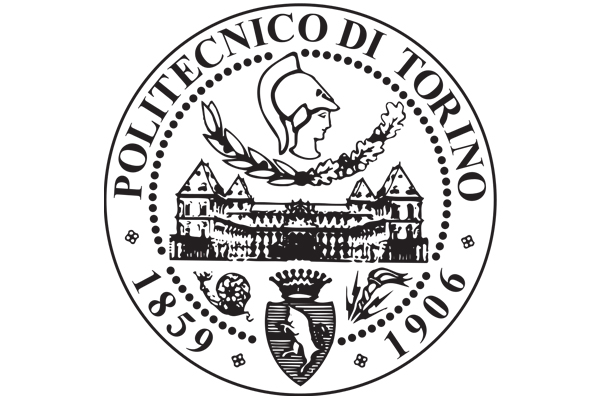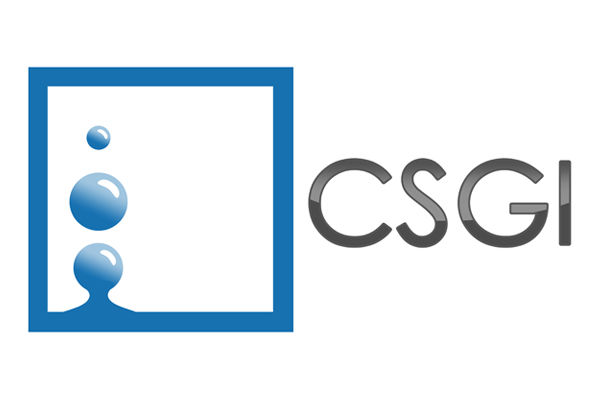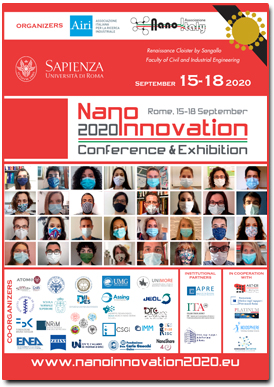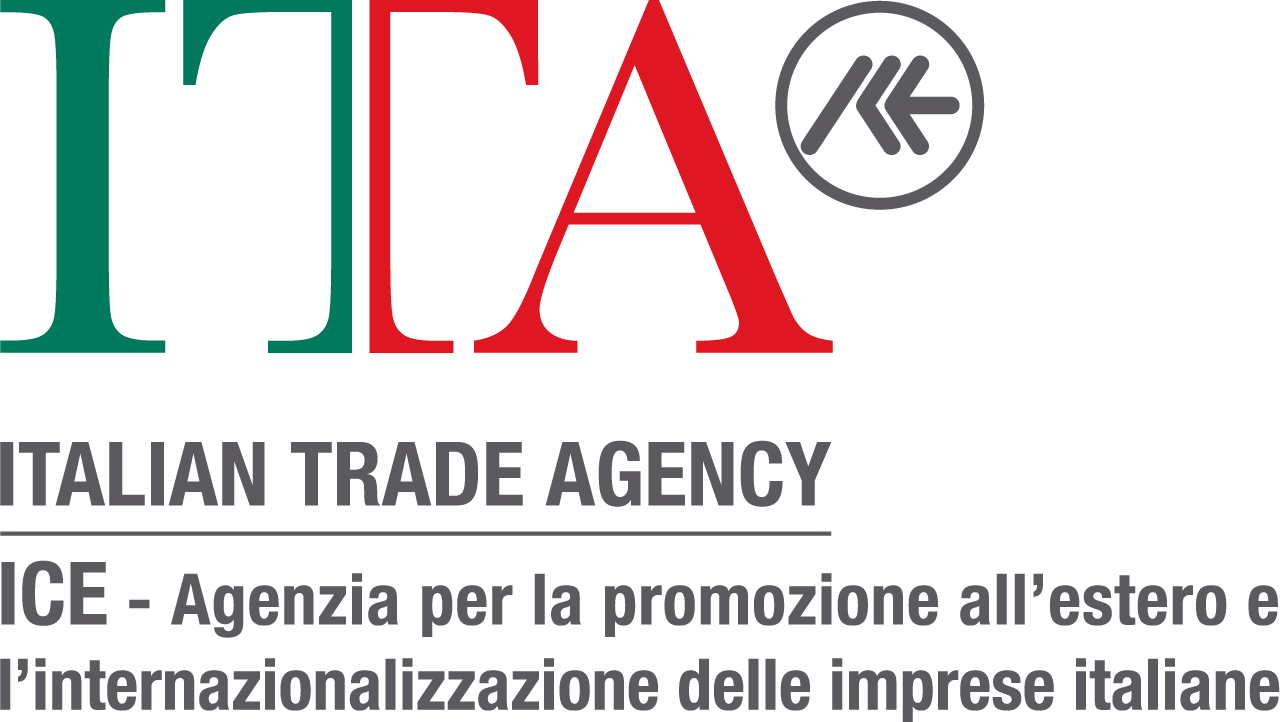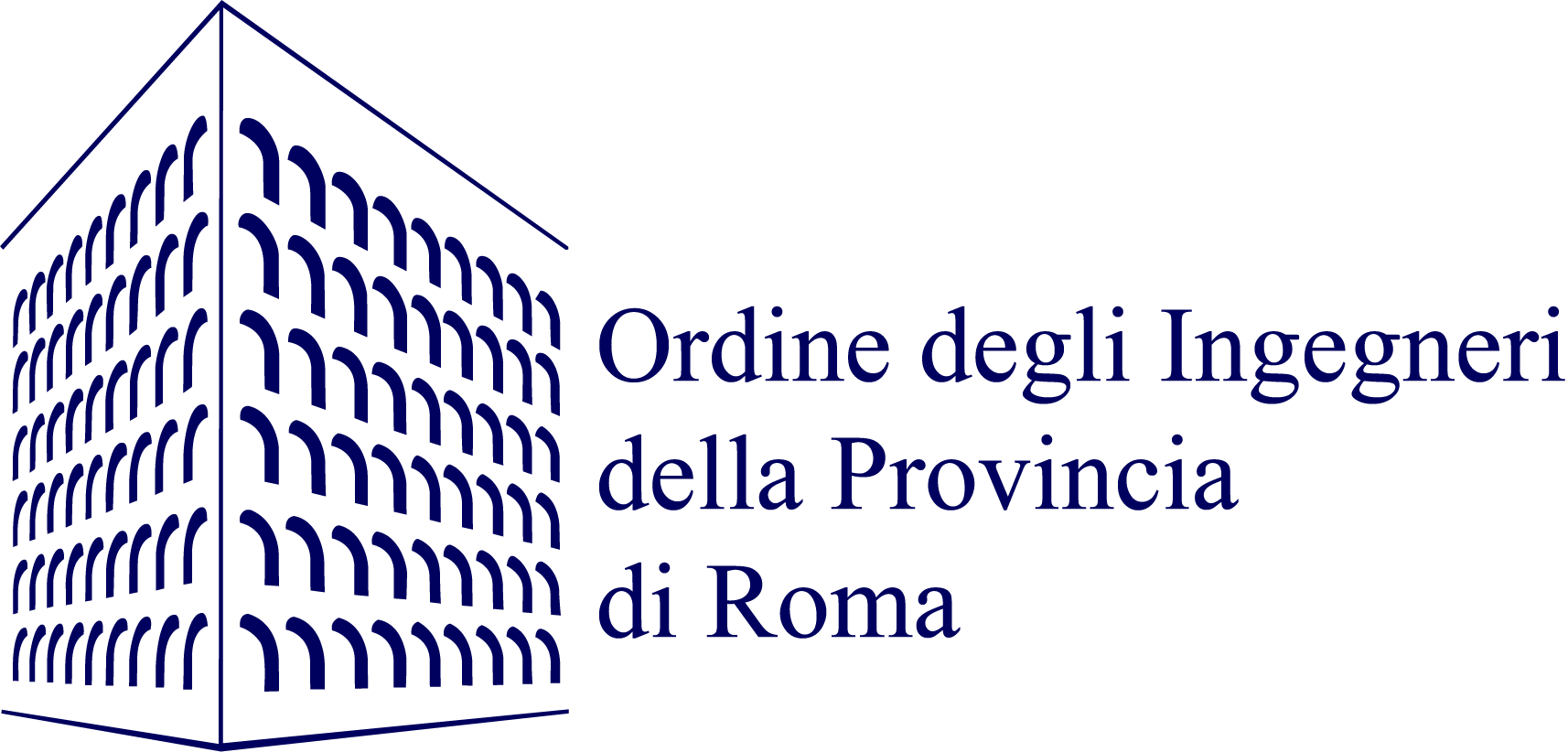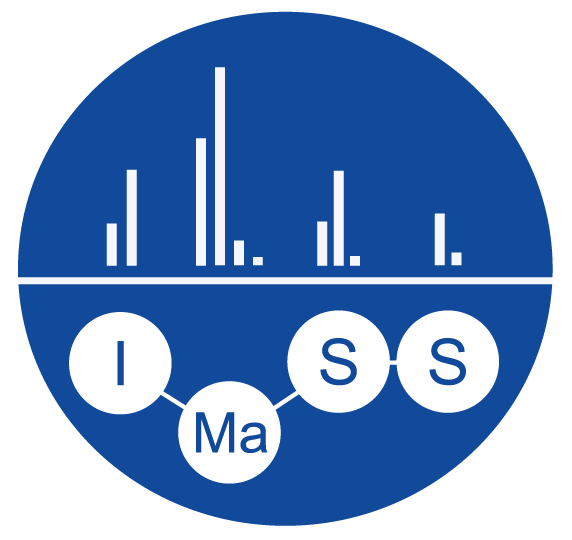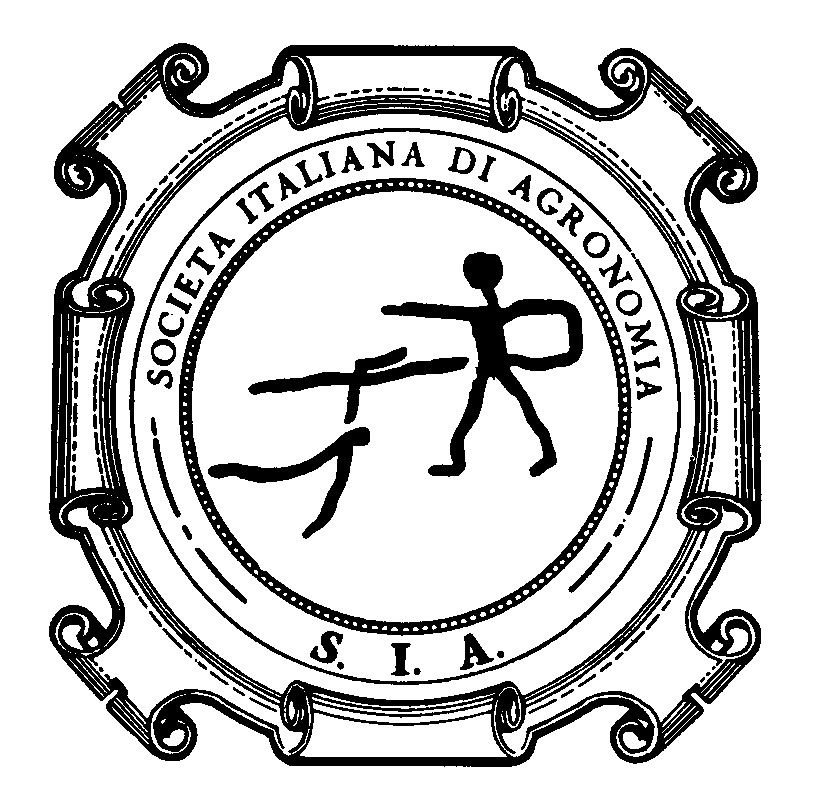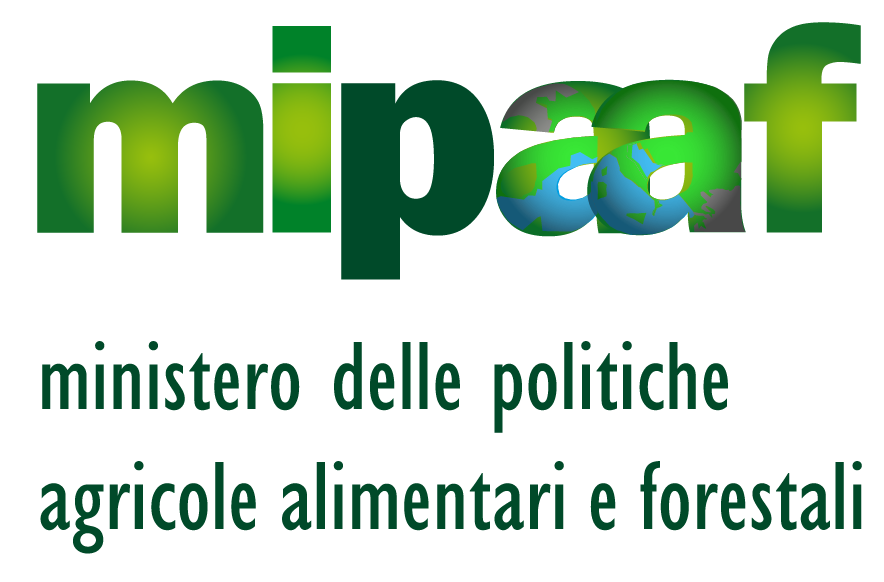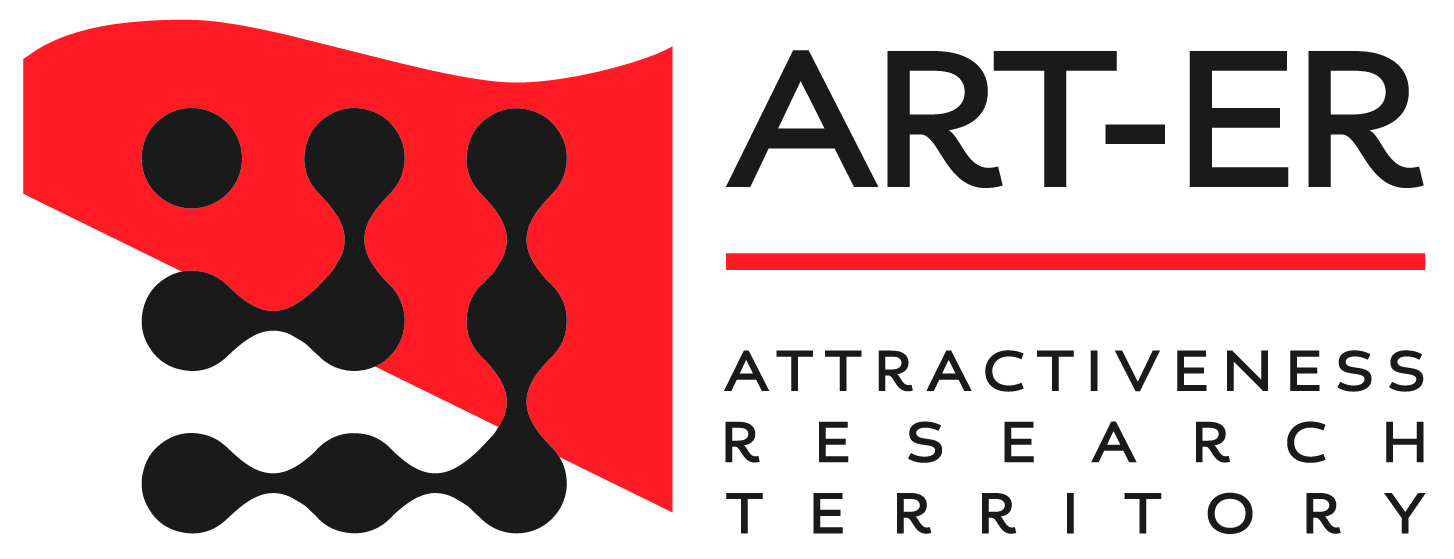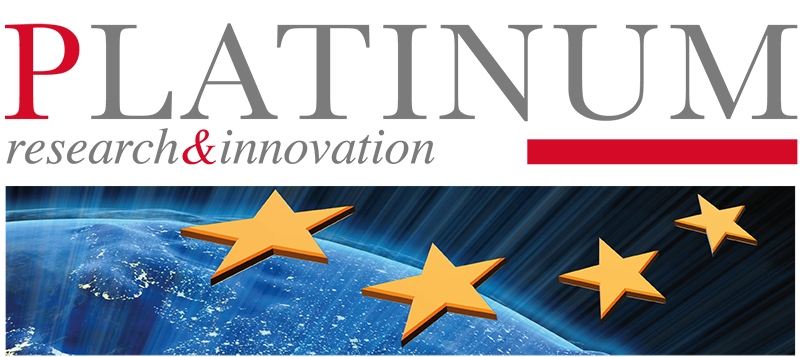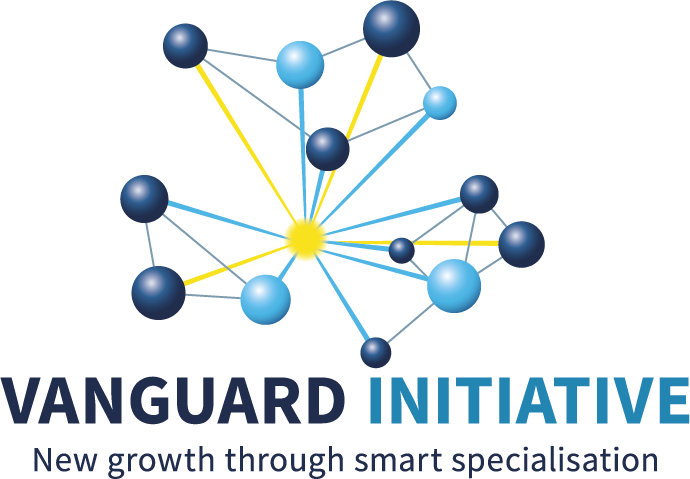OVERVIEW
updated to September 7th, 2020
|
September 16-17-18 |
|||||
| Co-organizers: |
|||||
 |
|||||
|
With the world’s population expected to exceed nine billion by 2050, scientists are working to develop new ways to meet the rising global demand for food, energy and water without increasing the pressure on natural resources. The workshop, organized under the patronage of the Italian Society of Agronomy, will be the forum for discussing the perspectives of nanotechnologies in the primary sector among the stakeholders and scientists. |
|||||
|
WS.II Nanospectroscopy and Nanotechnology: Challenges and Innovations September 16
|
|
| Co-organized with: | |
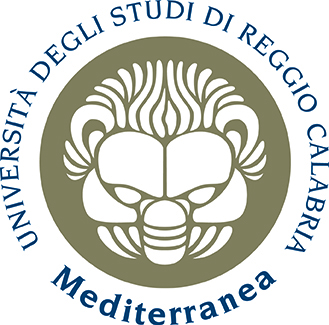 |
|
|
The exponential growth of nanotechnologies in recent years has required rapid development of nanoscience and in particular of nanospectroscopy techniques. Understanding, controlling and manipulating the interaction of electromagnetic radiation with matter, on the nanometer scale, has become a fascinating field of research in continuous evolution. Moreover, a remarkable feature of the nanospectroscopy lies in its multidisciplinary nature as it find application in physics, chemistry and biology. The aim of the workshop is to bring together scientists working on nanospectroscopy and nanotechnologies, including theory, experimental demonstration of novel concept, progress and applications to any field of science. The workshop will be organized on four different sessions. The first one will be focused on “Basic principles of Nanospectroscopy”, deepening techniques such as SERS and TERS, showing the potential of conductive AFM as well as the latest results on nanoalloys with plasmonic properties obtained by laser ablation in solution. The second one will be on “Nanotechnology applications”, and will provide an overview of the most recent applications in the fields of biomedicine and biosensors from a therapeutic and diagnostic point of view. The third one will focus on “Manufacturing of nanodevices” for applications ranging from photovoltaic and optoelectronic devices to sensors. Finally, the fourth session will concern "Advanced methods for imaging spectroscopy and metrology”, showing recent results in the field of bio-imaging and nanomedicine engineering, and presenting recent developments of new techniques for the spectroscopic and microscopic characterization of surfaces as well as for 3D optical metrology. |
|
|
WS.III Nanotechnology and Sustainability September 16-17
|
|
| Co-organized with: | |
 |
|
|
Micro and nanoplastics are an emerging concern worldwide. Nanoplastics, usually categorized as plastic particles smaller than 1 micron, are of particular concern because they are expected to be as ubiquitous as their bulk counterparts. Nanoplastics are an important priority regarding fresh water quality as well as pollution transport in the environment and potential impact on human health. Recently, several studies on nanoplastics quantification and impact were undertaken and some of them are still ongoing. The first two symposia, organized within the PON TARANTO Research and Innovation Project, will discuss the most advanced results of such undergoing studies managed by public research centers in collaboration with private companies. The workshop talks will present, in particular, studies on the detection and characterization of nanoplastics in different matrices (water, air and food) and on some technology able to mitigate their impact on the environment and health.
|
|
|
WS.IV YoungInnovation The state of research communicated by young researchers September 17-18
|
|
| Co-organized with: | |
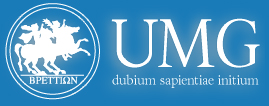 |
|
|
Innovative technologies, including nanotechnologies, represent, in recent decades, an important opportunity to improve human living conditions especially in healthy fields (pharmaceutical, cosmetic and food). The focus of this workshop is to evaluate the current status of the research. In particular, we’ll analyze both very innovative aspects, i.e. regenerative medicine by means of steam cells and 3D Print Technologies, and traditional routes of administration revaluated thanks to the most modern approaches.
|
|
|
WS.V Open Innovation & Open Science September 18
|
||
| In collaboration with: AIRI, NanoItaly Association and Sapienza University of Rome | ||
 |
 |
 |
|
Anche quest’anno, a seguito del successo delle due precedenti edizioni, verrà proposta a NanoInnovation il workshop "Open Innovation e Open Science" che così giunge alla sua terza edizione. Si è deciso, per continuità, di mantenere il titolo, ma i contenuti e le finalità dell'edizione 2020 sono stati rivisti e riconfigurati per tenere nella dovuta attenzione gli scenari del dopo Covid-19, in termini di sostenibilità, re-industrializzazione 'locale', ripensamento delle politiche di globalizzazione e nuove esigenze dei percorsi di formazione universitari e post-universitari. Le politiche di utilizzo delle risorse derivanti dall'uso dei Recovery Funds renderà ancora più cruciale e strategico il rapporto tra ricerca pubblica e privata, in un’ottica di valorizzazione della conoscenza la cui creazione rappresenterà un fattore chiave per una concreta e stabile ripresa economica La capacità di identificare e sfruttare competenze e conoscenze di rete, di gestire processi cooperativi rapidi e complessi, di promuovere processi inclusivi e multi-stakeholders per accrescere l’impatto sociale dell’innovazione, di aggregare competenze e conoscenze multidisciplinari, sono sempre più fattori determinanti per il successo della ricerca ed innovazione. Con l’avvento della quarta rivoluzione industriale (modello 4.0), sono richiesti nuovi e più efficaci modelli per l’incontro tra domanda e offerta di tecnologia ed è necessario un cambiamento culturale che coinvolga il management della R&I, oltre a figure professionali dedicate, per sfruttare al meglio le opportunità offerte dallo sviluppo delle tecnologie abilitanti ed emergenti. Una parte del workshop sarà costituito da una tavola rotonda dedicata alla progettazione di possibili nuovi percorsi universitari che siano in grado di affrontare la sfida di figure professionali in campo tecnologico che richiedono sempre più competenze trasversali oggi difficilmente acquisibili con i percorsi di studio tradizionali. Durante le sessioni in cui si articolerà l’evento, alcuni tra i principali Enti di ricerca, Università e Grandi imprese nazionali, PMI, associazioni professionali nazionali e organismi territoriali si confronteranno su modelli ed esperienze relativi a:
|
||
|
WS.VI Highlights from Open Infrastructures for Research September 16-17
|
||||
| Co-organized with: | ||||
|
|
 |
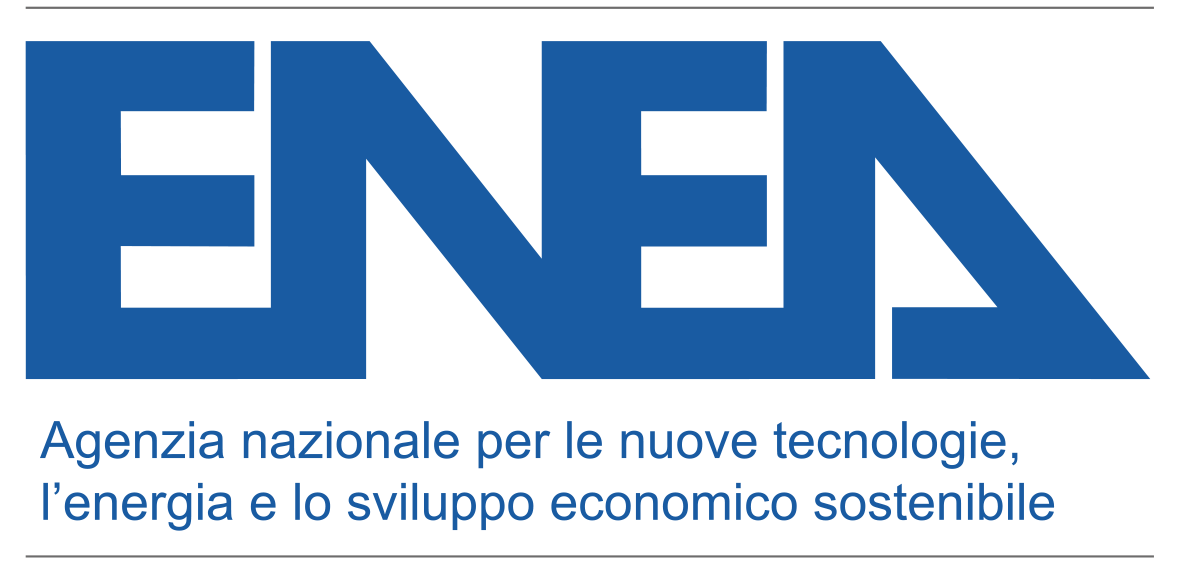 |
||
 |
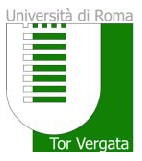 |
|||
| The synopsis will be soon available |
||||

